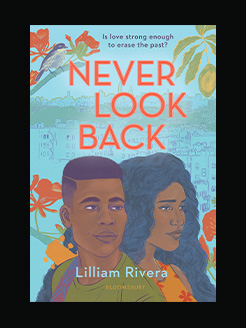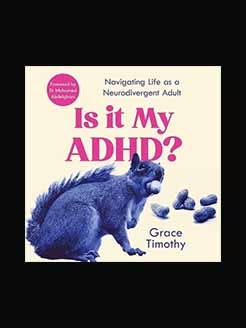Published in 2019
240 pages
Alicia Elliott is an award-winning Tuscarora writer and editor. Born in the United States, Elliott moved with her family to the Six Nations of the Grand River reserve in in Ontario when she was 13. Although located in southern Ontario close to major cities, her home, like many others on the reserve, didn’t have running water. She attended high school in the nearby city of Brantford, graduating in 2005.
Elliott’s first paid writing opportunity occurred in 2015 when she wrote an article about band elections for Briarpatch magazine titled “The Meaning of Elections for Six Nations”. In 2016, Leanne Betasamosake Simpson asked Elliott to contribute to the issue of The Malahat Review she was editing. Elliott’s essay, “A Mind Spread Out On The Ground”, went on to win a National Magazine Award, a prize that Elliot credits with kickstarting her career. From 2017-2018 she was the Geoffrey and Margaret Andrew Fellow at the University of British Columbia. In addition to her essays, Elliott has written for newspapers and magazines including The Globe and Mail, Maclean’s, Maisonneuve, HazlittToday’s Parent and Reader’s Digest.
What is this book about?
A bold and profound meditation on trauma, legacy, oppression and racism in North America from award-winning Haudenosaunee writer Alicia Elliott.
In an urgent and visceral work that asks essential questions about the treatment of Native people in North America while drawing on intimate details of her own life and experience with intergenerational trauma, Alicia Elliott offers indispensable insight into the ongoing legacy of colonialism. She engages with such wide-ranging topics as race, parenthood, love, mental illness, poverty, sexual assault, gentrifcation, writing and representation, and in the process makes connections both large and small between the past and present, the personal and political–from overcoming a years-long battle with head lice to the way Native writers are treated within the Canadian literary industry; her unplanned teenage pregnancy to the history of dark matter and how it relates to racism in the court system; her childhood diet of Kraft Dinner to how systemic oppression is directly linked to health problems in Native communities.
With deep consideration and searing prose, Elliott provides a candid look at our past, an illuminating portrait of our present and a powerful tool for a better future.







